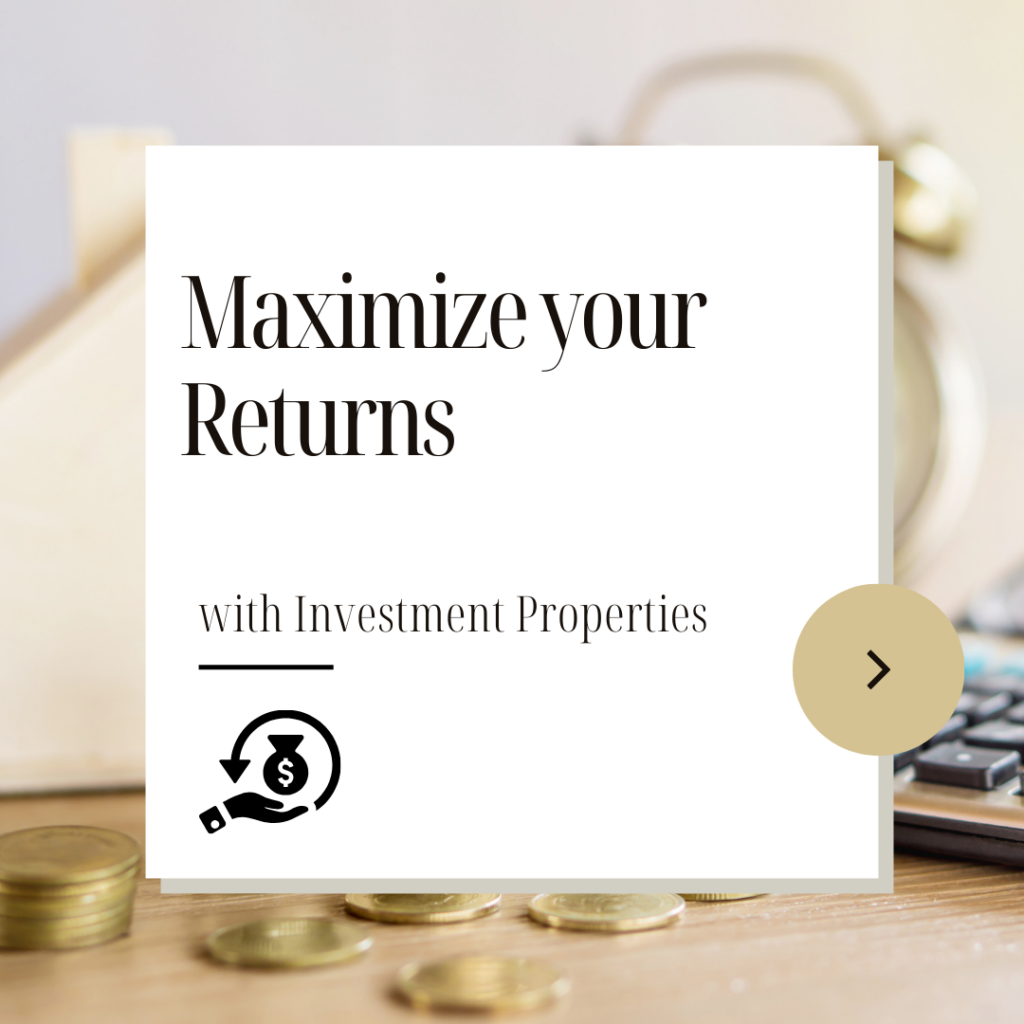
Becoming a homeowner in the Atlanta, Georgia area is a rewarding journey, and it’s more attainable than you might think. Many perceived roadblocks are myths that don’t need to delay your dreams. If you’re hesitant about moving forward, this blog series is for you—The 5 Most Common Myths BUSTED About the Best Time to Buy Your First Home.
This week, we explore why turning your home into an investment property could be a smart move, depending on the home, its location, and your financial situation.
Myth: If I’m not going to live in the property for a long time, it doesn’t make sense to buy.
Truth: Buying a home and living in it for a few years can lead to a great investment property.
Are you eyeing a popular neighborhood in the city or the suburbs that you see yourself in for just a few years? You might think it doesn’t make sense to buy if you won’t stay long-term, but what if you turned your home into an investment property when you move? This strategy allows you to enjoy your desired location and later benefit financially.
If you have an investment mindset, you might love the idea of keeping your home as a rental when you relocate or upgrade. Even if you’re ready to move but can’t part with your first home because of its great location, renters could cover your mortgage. Or, if you need to relocate but hope to return in a few years, renting your property ensures it remains available for your future use.
It’s natural to be hesitant about the long-term commitment and financial requirements of an investment property. However, it’s worth exploring, especially if you buy in a neighborhood with potential for appreciation.
Steps to Determine if an Investment Property is Right for You
1. Assess the Market Conditions in the area
Understanding the rental market in Newnan is crucial. Conduct a comparative market analysis (CMA)—I can assist with this—to gauge current rental trends and future projections. This analysis will help you determine the demand for rentals and potential rental income for your property. Different property types, such as condos, townhouses, and single-family homes, can vary significantly in rental value.
Additionally, examine home sales in the area to get a complete financial picture. Rising property values indicate that renting out your home can allow it to appreciate further. Conversely, declining values could pose a risk.
2. Calculate Potential Income and Expenses
When renting out your home, you must account for various expenses. These include your monthly mortgage, real estate taxes, homeowner’s or rental insurance, and any homeowner’s association dues. If you hire a property management company, their fees also need to be factored in.
Having an emergency fund for unexpected repairs and a buffer for potential vacancies is essential. Don’t forget to consider costs for preparing your property for rent, such as painting and minor upgrades to attract quality tenants.
Compare these expenses to your potential rental income to determine if you’ll make a profit or break even. Remember, rental income is taxable, but you can offset it by deducting some of your rental expenses.
3. Evaluate Long-Term Financial Plans
Consider how an investment property fits into your long-term financial plans. Owning two homes might stretch your finances, especially if you anticipate significant expenses like renovations or education costs. However, if you bought your home at a good price and have low expenses, renting it out could be financially beneficial.
If your home’s value is currently lower than what you owe (underwater), renting might be a way to earn income while waiting for the property to appreciate.
Consult with a tax advisor or financial planner to weigh the pros and cons. They can help you understand potential tax implications, such as capital gains tax breaks, which require living in your home for at least two out of the past five years.
4. Determine the Need for Sale Proceeds
If you need the proceeds from your current home to buy your new one, selling is likely the best option. However, if you don’t need the cash from your current home, renting it out could be advantageous.
5. Consider Your Ability to Manage a Rental Property
Being a landlord comes with responsibilities and challenges. You’ll need to handle tenant interactions, maintenance issues, and comply with Georgia’s landlord-tenant laws. If managing these responsibilities seems overwhelming, consider hiring a property management company.
Conclusion
Turning your Atlanta metro area home into an investment property can be a financially beneficial move, providing a balance between enjoying your current lifestyle and securing future financial gains. With careful planning and consideration of market conditions, expenses, and your long-term goals, you can make an informed decision that aligns with your financial future. Reach out today for a personalized consultation to explore the potential of your property investment in Newnan, Georgia.
Hi there!
I'm Morgan and I love helping professionals in the aviation industry make their move to Atlanta as smooth as a greased landing. Whether its relocation, buying for the first time, or selling luxury and aviation real estate properties, I can help you transition smoothly.
Let's Meet
Contact
678-876-0865
CAVU Realty
15 Perry St. Suite 406
Newnan, GA 30263
morgan@theaviatoragent.com
Buy
my listings
Sell
All Articles
schedule your free consultation